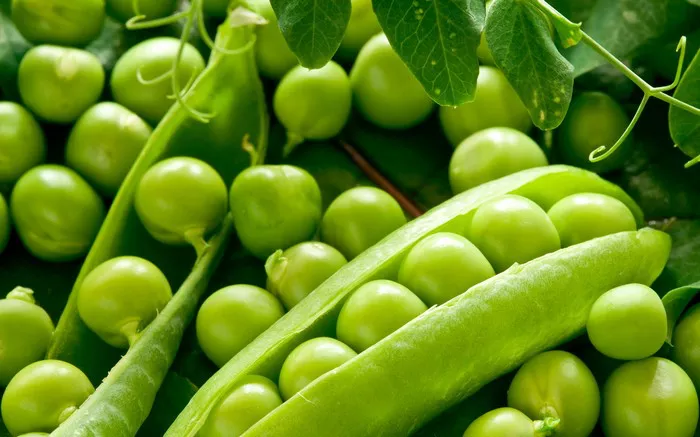Understanding the intricate mechanisms governing the reproductive phase of plants holds pivotal importance in agricultural research. A recent breakthrough led by the Research Institute for Plant Molecular and Cellular Biology (IBMCP), a collaborative effort between the Consejo Superior de Investigaciones Científicas (Spanish National Research Council; CSIC) and the Universitat Politècnica de València (UPV), has illuminated a gene’s pivotal role in regulating the duration of the reproductive period in crops such as peas. Published in the esteemed Proceedings of the National Academy of Sciences (PNAS), the findings highlight the potential of the FUL gene as a transformative tool in precision agriculture, offering prospects for enhanced fruit and seed production not only in peas but also in other legumes like chickpeas, lentils, and beans.
Annual plants undergo a single reproductive season, characterized by the emergence of flowers and fruits. Scientists have long sought to decipher the genetic determinants orchestrating the cessation of flowering, thus controlling the duration of this critical phase. Several years ago, a team spearheaded by Cristina Ferrándiz, a research professor at CSIC’s IBMCP, identified the FUL (FRUITFULL) gene as a pivotal regulator of floral termination, albeit initially in the model plant Arabidopsis, which held limited agronomic relevance. However, the quest extended beyond Arabidopsis, aiming to ascertain FUL’s functionality across diverse species, particularly economically significant crops, with the aim of harnessing this knowledge to engineer plants capable of prolonged flowering and fruiting, thereby amplifying yield.
Collaborating with CSIC researcher Francisco Madueño and an international cohort of scientists from France and Canada, the team delved into the role of the FUL gene in pea plants, esteemed for their nutritional value. Their investigations unveiled that mutations impeding FUL function in peas precipitated an extended duration of flower and fruit production, mirroring findings in Arabidopsis. Consequently, certain pea variants exhibited a twofold increase in seed yield, sans alterations in nutritional composition, both under controlled greenhouse conditions and in real-world agricultural settings.
Notably, the mutations in FUL genes were derived through classical methods, eschewing transgenic approaches. This underscores the potential for leveraging traditional mutagenesis techniques or emerging gene-editing tools like CRISPR in advancing precision agriculture. As emphasized by Madueño, the utilization of FUL genes as biotechnological assets holds promise in bolstering the yield of leguminous crops, particularly medium-yielding pea varieties. While the impact of FUL gene mutations on high-yielding variants remains marginal, the researchers envision broader implications in fortifying legume cultivars with enhanced resilience against pathogens and environmental stresses, thus addressing imperatives precipitated by the climate crisis.
In summary, the identification of FUL genes as potent regulators of reproductive phase duration signifies a paradigm shift in crop improvement strategies, offering a pathway towards augmenting agricultural productivity and sustainability in the face of escalating global challenges.


